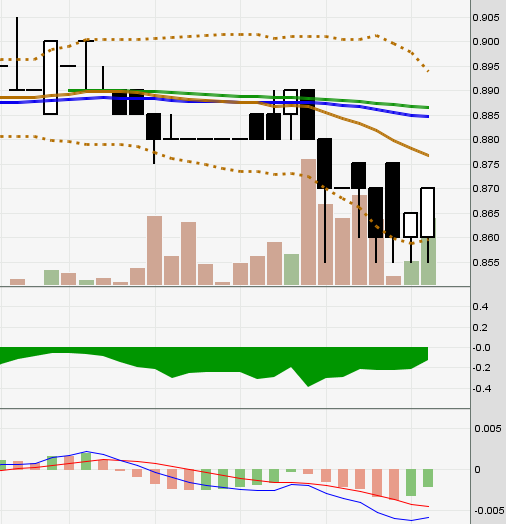Please don't take what I say as the Gospel truth. I am just sharing my thoughts and limited experience. This was an exchange on FB:
Feeling happy (but also a bit scared) to share.
One thing is for sure though. You can safely ask AK if you need a haircut because AK is not a barber.
Related posts:
1. An evening with AK and friends.
2. Affordability and value for money.
3. Considerations for first timers.
4. CCR, RCR or OCR for rental income?
5. Smaller apartments' prices more resilient.





































